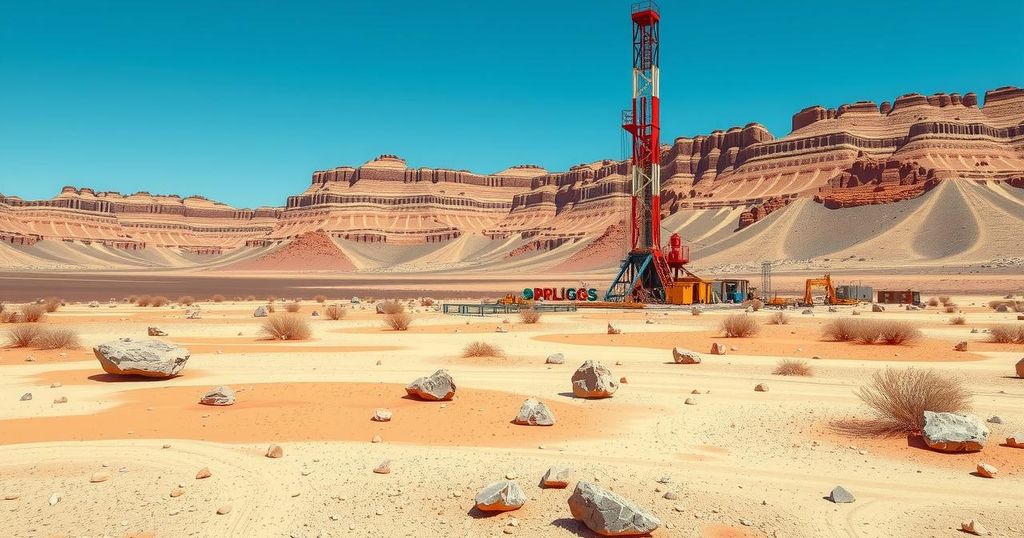Congo’s Gecamines has proposed a $1 million bid to block Chinese firm Norinco’s acquisition of Chemaf’s cobalt and copper assets. This situation arises amidst Chemaf’s financial struggles, with debts reaching up to $1 billion. U.S. officials are advocating for alternatives to the Norinco deal, citing concerns over Chinese influence in the region’s mining sector.
The Democratic Republic of Congo’s state-owned mining company, Gecamines, has proposed an unsolicited $1 million bid to acquire the cobalt and copper assets of the financially troubled Chemaf. This move aims to obstruct a deal between Chemaf and China North Industries Corp (Norinco) that would potentially enhance Chinese control over key mineral resources in the region. Gecamines, which holds the mining leases to Chemaf’s operations, has declined to approve the sale, stating that it is determined to reclaim ownership. Meanwhile, Chemaf’s financial state has worsened, with debts escalating up to $1 billion, complicating its operations and ability to pay employees.
Congo is rich in cobalt and copper, essential components in electric vehicle manufacturing and clean energy technologies. Chemaf has been in partnership with the commodity trader Trafigura for two decades and intends to increase its production significantly. However, financial difficulties have rendered the company vulnerable, prompting a sale of its assets to Norinco, which has incited concerns from U.S. officials regarding Chinese influence in the region’s mining sector. Gecamines is now vying to prevent this takeover as relations with Western investors remain a priority.
In summary, Gecamines is taking a strategic stance against the acquisition of Chemaf’s assets by Norinco to safeguard Congolese mineral resources from increased Chinese dominance. The desperate financial situation of Chemaf complicates these negotiations, with significant debts affecting its operations. U.S. pressure on Congo to block the Norinco deal adds a layer of geopolitical complexity to an already intricate mining landscape in the Democratic Republic of Congo.
Original Source: www.hindustantimes.com




